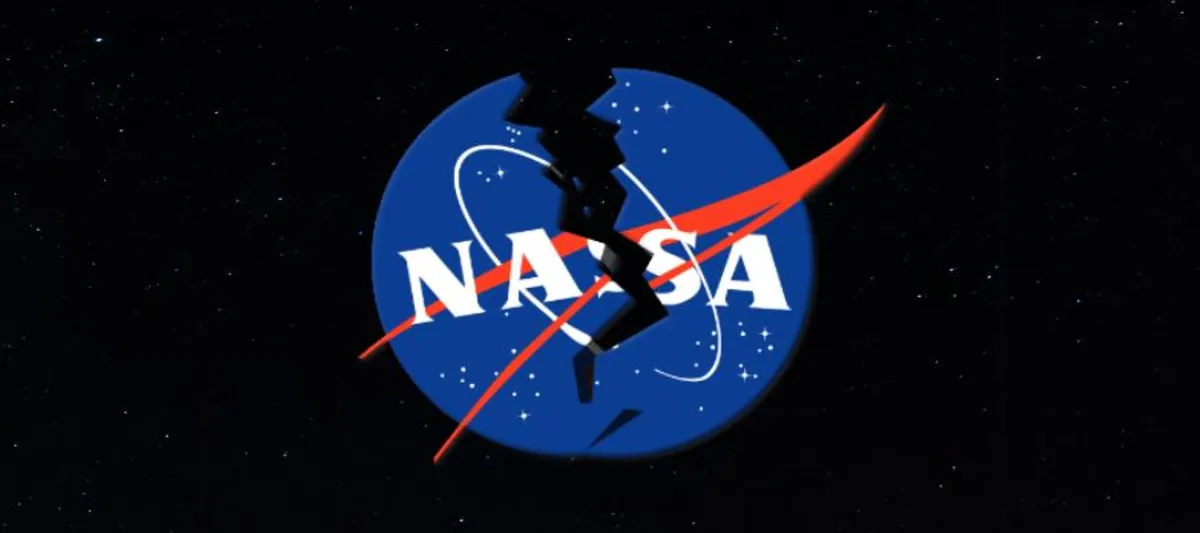
The recent budget request from The White House for NASA in FY 2026 signals a significant transformation in the agency's priorities. The proposal suggests drastic cuts to space science programs, alongside severe reductions in other essential areas, all while shifting the focus of human spaceflight initiatives predominantly towards Mars exploration. While the final outcome of these budget cuts remains uncertain, one thing is clear: the proposed humans-to-Mars initiative is likely to encounter substantial obstacles, primarily rooted in political dynamics rather than technical or financial challenges.
The anticipated failure of the Mars initiative stems from a lack of political consensus. Launching a long-term space endeavor on a foundation of division and conflict is a recipe for disaster. This budget proposal does not foster the necessary bipartisan support to carry forward such an ambitious program into the next presidential term; instead, it threatens to dismantle existing alliances. Historical precedents, such as the Artemis program, demonstrate that enduring space policy hinges on bipartisan consensus. Under NASA Administrator Jim Bridenstine during the Trump administration, bipartisan support was crucial for reviving lunar exploration efforts, leading to the successful Artemis program that survived a presidential transition.
The recent budget proposal, announced in a somewhat opaque manner with minimal public engagement, marks a historic pivot for NASA. The plan calls for the discontinuation of key projects, including the Space Launch System (SLS), the Orion spacecraft, and the Gateway lunar outpost. Additionally, it dramatically reduces funding for lunar activities post-Artemis 3, redirecting nearly $1 billion towards Mars initiatives, with projections for future funding reaching into the billions. This proposal could have leveraged the success of the Artemis coalition, but the severe cuts—almost 25% overall, the largest in NASA's history—overshadow any potential benefits.
NASA’s scientific pursuits face a staggering reduction of 47%, erasing over a third of its flight projects and significantly slashing research funding vital for students and scientists nationwide. Critical technology and infrastructure programs, including nuclear propulsion, Plutonium-238 production, and active data relay satellites, are also on the chopping block. This budget proposal could potentially leave NASA's staffing at levels unseen since 1960, effectively sidelining numerous collaborative projects with international allies and jeopardizing the future of space science in the U.S.
The response to the budget proposal has been swift and overwhelmingly negative. Lawmakers, including Ted Cruz (R-TX), have already initiated efforts to restore funding for various Artemis missions and the International Space Station—programs the White House budget seeks to defund. A bipartisan coalition in the House, spearheaded by the Planetary Science Caucus, has garnered over 80 co-signatures advocating for the restoration of NASA science funding. Public sentiment, too, has been largely critical, with organizations like The Planetary Society facilitating nearly 45,000 messages of opposition to Congress from constituents across all 50 states and 108 countries in just two weeks following the budget's release.
In light of the proposed budget, there are only two remaining launch windows to Mars during this administration. For the Mars initiative to succeed, it will require sustained support from future presidential administrations and Congress. The administration must prioritize building a coalition to ensure a smooth transition towards this ambitious goal. However, a project rooted in destruction and divisive politics will inevitably face substantial backlash. The implications of a potential shift in administration, whether it be a Democratic or Republican successor, raise further concerns about the future of the Mars program. Will the next administration prioritize Mars exploration, or will they choose to abandon an uncertain and contentious initiative?
The reality is stark: if the pursuit of a human Mars program comes at the expense of NASA's leadership in space science, it is destined for failure. The current budget proposal not only undermines bipartisan support for NASA but also threatens to fragment the consensus built around the Artemis program. Instead of fostering a shared vision for humanity's future in space, this misguided budget deepens divisions within the community. The ultimate goal of sending humans to Mars should symbolize our collective aspirations—cooperation, commitment, and perseverance. Unfortunately, the FY 2026 budget as it stands does not reflect these ideals.
As the Chief of Space Policy for The Planetary Society, I am deeply invested in seeing humans explore Mars. Our concerns about this proposal arise from a desire to avoid linking such a monumental endeavor to the dismantling of American space science. Mars exploration deserves better, and the administration’s current trajectory appears to jeopardize the very essence of what such an exploration should represent.